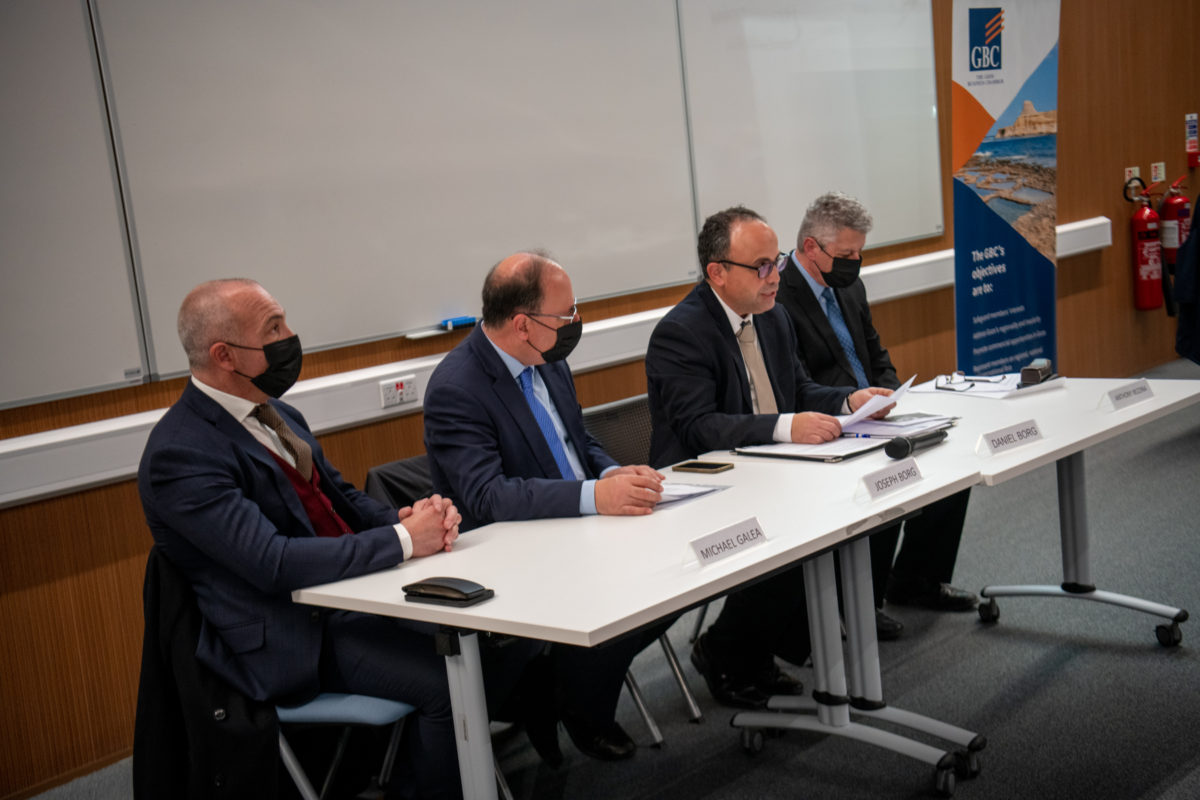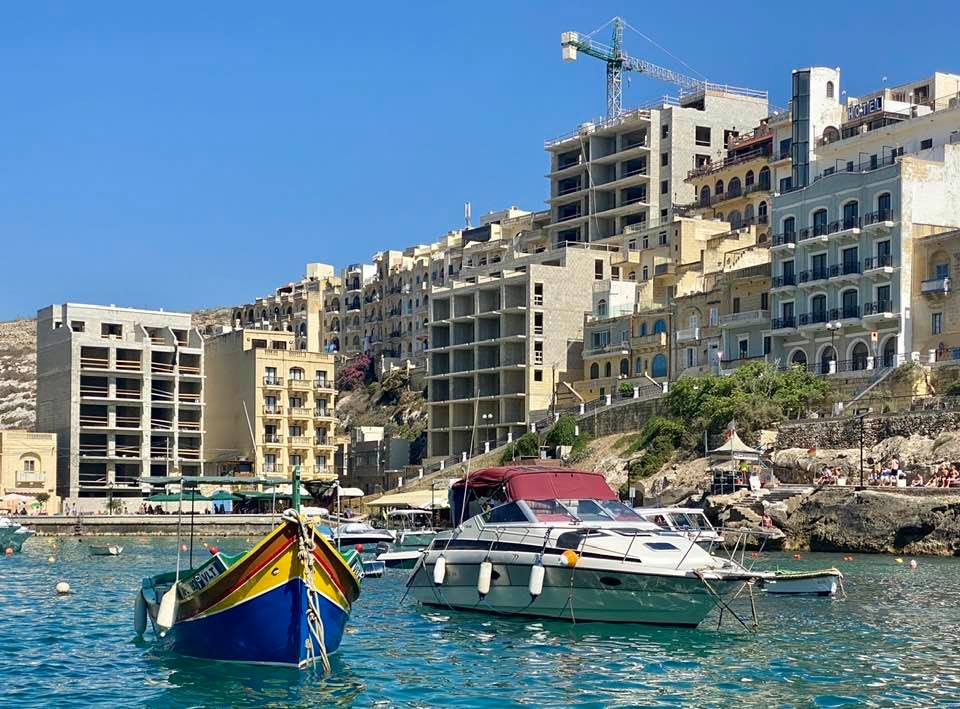The Gozo Business Chamber’s (GBC) AGM took a classical turn as president Joseph Borg quoted Homer in a reflection on the island’s “ruin”, saying that the current generation of Gozitans “should be ashamed” of the legacy they are leaving to their children.
Held on Wednesday at the Queen Mary University Campus in Victoria, Gozo, the GBC’s AGM began by honouring Marlene Muscat, former EUROPE DIRECT manager who passed away in November of 2021.
Daniel Borg, CEO of the Gozitan business lobby, highlighted that the Chamber will continue to support the green agenda and digitalisation and that the COVID-19 pandemic has shown that we “not only need to work towards diversifying the Gozitan economy, but that we also need to move forward in those areas that are considered as traditional sectors.”
He continued that as the country is on the brink of a general general election the business community needs to understand that regulation must be targeted towards all those segments which are required, and not only those aspects which suit the business community.

He referred to the responsibility of the “commercial community to see that its gains are sustainable and just, but also that of the politician to legislate not for one electoral term but for the long term future.”
President of the Gozo Business Chamber Joseph Borg meanwhile highlighted the importance of protecting the environment, remarking that the Chamber will continue to insist on “sustainable development for the island of Gozo, development which makes good use of the land and takes into consideration the recycling of waste, the impact of climate change, and the protection of biodiversity, and the cultural heritage of our island, sustainable economy, and green energy.”
He said Gozitans were promised that Gozo would be a test bed for these systems, describing these as “empty promises, so far”.
To stress his point, Mr Borg turned to classical authors Euhemerus and Callimachus, who had first identified Gozo as Calypso’s island of Ogygia, mentioned in Homer’s Odyssey.
He quoted from Homer’s historic work: ’’Round about the cave grew a luxuriant wood, alder and poplar and sweetsmelling cypress, wherein birds long of wing were wont to nest, owls and falcons and sea-crows with chattering tongues, who ply their business on the sea. And right there about the hollow cave ran trailing a garden vine, in pride of its prime, richly laden with clusters… And round about soft meadows of violets and parsley were blooming…’’
Mr Borg, who started his speech with the opening lines of Gozitan poet Ġorġ Pisani’s Innu għal Għawdex (“Beautiful land, most praised garden, sweet land, beloved land, a land blessed by creation”), noted that until half a century ago, when it was written, the words still rang true.
“This was the land we inherited,” he told attendees. “And now? What will we leave our children? Bricks and cement. We should be ashamed, most of all of our children and our children’s children. Is this the Xlendi we inherited? Is this the Marsalforn we inherited? Are these the Xagħra, Sannat, Munxar, Għarb we inherited? I can go on and mention every Gozitan locality, because nowhere has been spared from this ruin.”
He called on the island’s business community to take on the responsibility of taking action, saying that politicians cannot be trusted to do the right thing, frightened as they are of stepping on the toes of any voter or benefactor.
Mr Borg reiterated the GBC’s position that the policies applied in Malta cannot be reproduced in Gozo, noting that Gozo’s specificities require different handling. He referred to Gozo’s natural beauty as the key reason maltese and foreigners visit the island, and decried the short-term outlook that, he said, would eventually decrease the value of those same investments that are “destroying our environment”.
However, he warned against the “labelling of all business people as corrupt because of the behaviour of a small number of business people is not acceptable,” recalling the GBC’s commitment to foster good ethical conduct among the business community, and praising certain developers who have led by example in promoting sustainable development.
He concluded: “We should be answering questions such as: What is leading society to accept certain forms of behaviour, without any ethical consideration? What is motivating us to do business? How do we act to achieve business models that benefit the common good?”
Featured Image:
Ministry for Gozo
European Parliament adopts regulation making it easier for companies to be paid on time
The maximum credit term under the new Late Payment Regulation is to up to 120 days, for some sectors
French ATC strike forces Ryanair to cancel over 300 flights, affecting 50,000 passengers
The low-cost carrier is demanding the EU carries out reforms to ensure travel continues undisrupted
Valletta ranks 8th most expensive European capital city to live in – study
While London is the most expensive, Bucharest is the most affordable






